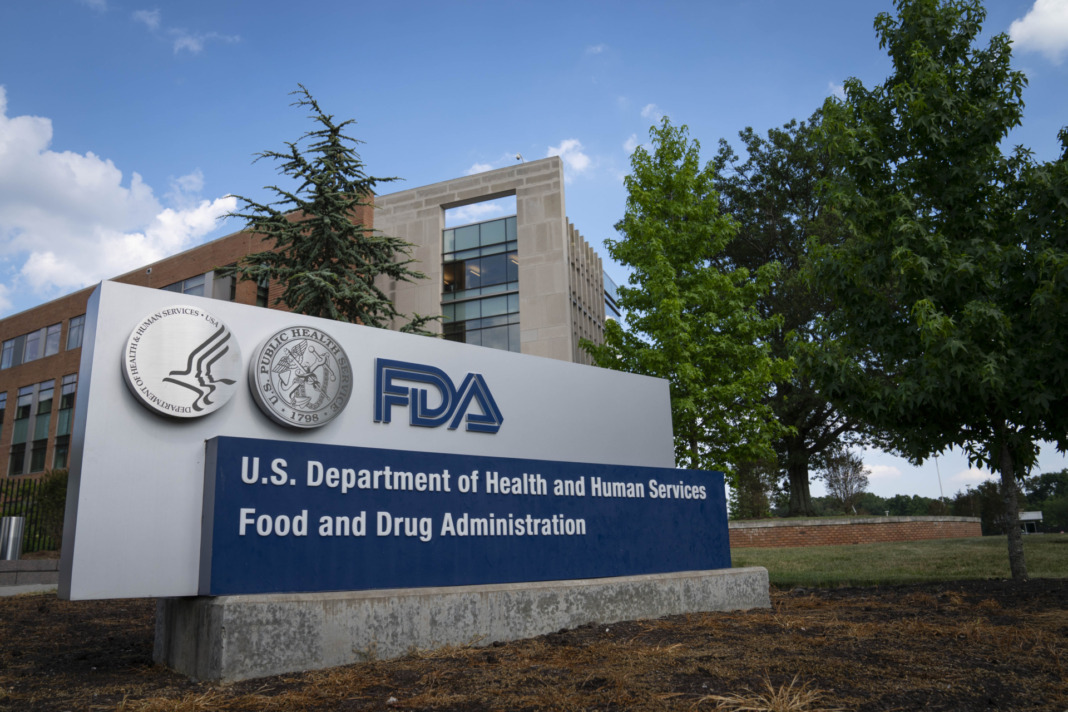In a shocking development, the US Food and Drug Administration (FDA) has disclosed that tests conducted on cinnamon samples during an inspection of an Austrofood facility in Ecuador have revealed lead levels more than 2,000 times higher than proposed standards. This revelation comes as part of the FDA’s ongoing investigation into elevated lead levels found in cinnamon applesauce pouches sold in the United States, which has already resulted in at least 65 reported illnesses, all involving children under the age of 6.
The affected applesauce pouches, distributed under various brands, including WanaBana, Weis, and Schnucks, have been promptly recalled from the market. The US Centers for Disease Control and Prevention (CDC) has documented 125 confirmed, probable, or suspected cases across 22 states, indicating the severity and widespread impact of the contamination.
During the FDA inspection of the Austrofood facility in Ecuador, samples of cinnamon supplied by Negasmart, another company in the supply chain, were subjected to rigorous testing. The results were alarming, revealing “extremely high levels of lead contamination, 5110 parts per million (ppm) and 2270 ppm.” To put this into perspective, the Codex Alimentarius Commission, an international standard-setting body, is contemplating a maximum lead level of 2.5 ppm for bark spices, including cinnamon, by 2024.
While the FDA has concluded its inspection without identifying additional products requiring recall, the investigation is far from over. Authorities are actively exploring whether the contaminated cinnamon may have found its way into other products imported into the US. Consequently, heightened screening of select imported cinnamon products remains in effect as investigators delve deeper into the intricate supply chain.
In an interview with Politico, Jim Jones, the FDA’s deputy commissioner for human foods, raised the possibility that the lead contamination might have been “an intentional act on the part of someone in the supply chain.” Jones reiterated the agency’s unwavering commitment to uncovering those responsible for this egregious breach and holding them accountable.
Dr. Diane Calello, executive and medical director of the New Jersey Poison Control Center, shed light on the prevalence of contaminated spices, emphasizing that it is not an isolated incident. While some contamination arises naturally in products like rice and apples due to the composition of the soil, intentional contamination is a disturbing reality. Calello explained that spices sold by weight can be intentionally laced with metals, such as lead, to artificially increase their mass.
As the FDA urges consumers who may have consumed the recalled products to undergo blood testing for lead, concerns about the health impact of lead exposure come to the forefront. Lead is highly toxic to humans, with no identified safe level. While symptoms may not manifest immediately, lead exposure can result in developmental delays in children. Initial symptoms may include head, stomach, and muscle aches, vomiting, anemia, irritability, fatigue, and weight loss.
The FDA’s proactive measures and continuous investigation underscore the agency’s commitment to public safety. As the story unfolds, the focus remains on not only addressing the immediate health concerns posed by the contaminated products but also on identifying and rectifying systemic issues in the supply chain to prevent such incidents in the future. The consumer watchdog role of the FDA remains crucial in safeguarding public health and maintaining trust in the food supply chain.



